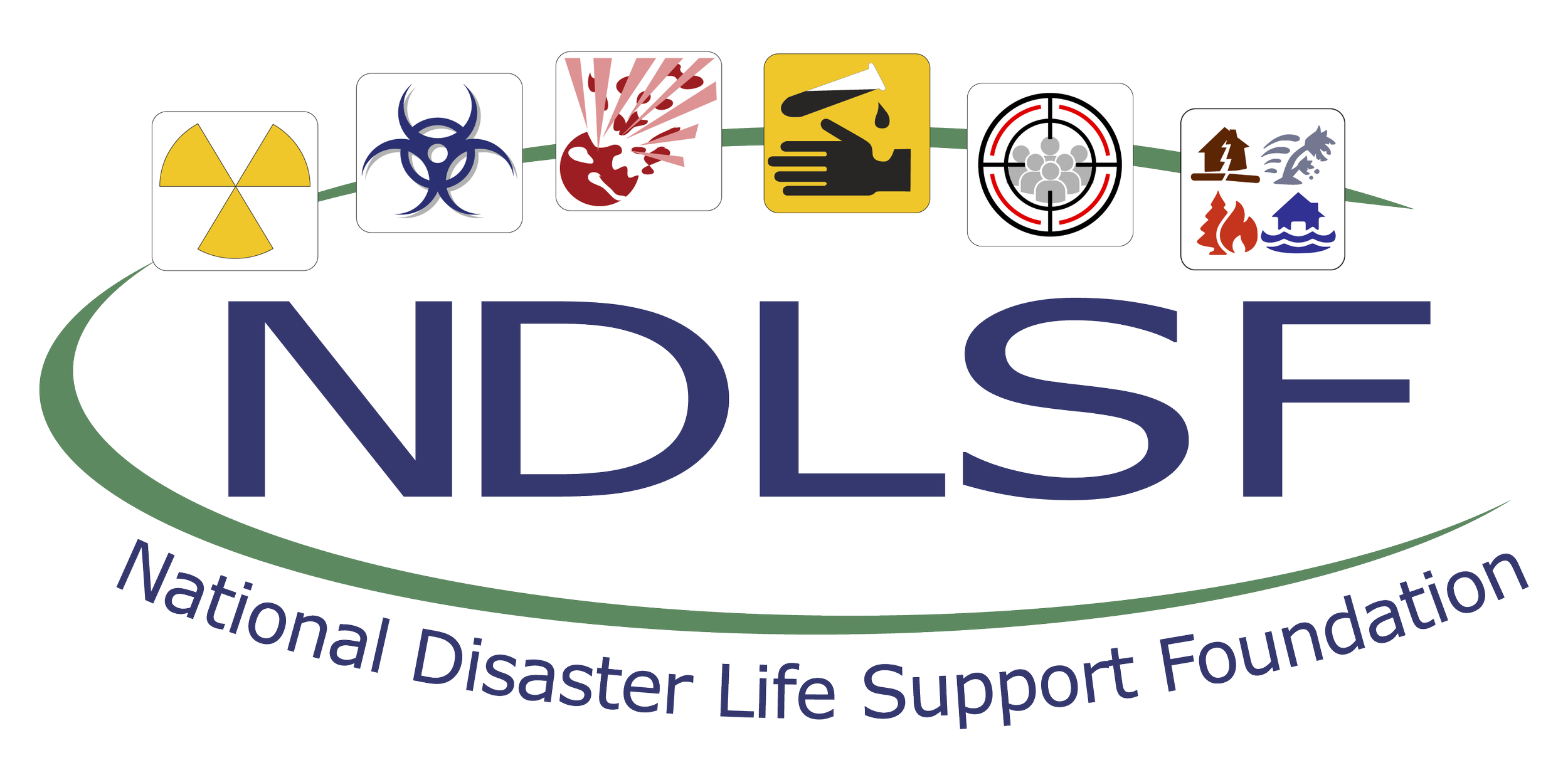**Important Notice: The current eCDLS course (electronic Core Disaster Life Support) will no longer be available after Dec. 31, 2020 due to Adobe’s discontinued support for Adobe Flash Player. We apologize for this inconvenience, but are pleased that a new CDLS course, as well as a new v4.0 BDLS course, will be released this coming year. If you have any questions, please contact the NDLS Program Offices at (706) 721-0969
The eCDLS online training course is an introduction to all-hazards preparedness and provides an overview of disasters including events such as natural and man-made, traumatic and explosive, nuclear and radiological, biological and chemical. The overall goal is to introduce participants to basic concepts and terms.
The overarching aim of the CDLS course is to provide participants from diverse professions, disciplines, and backgrounds with a common lexicon, vocabulary, and knowledge in disaster-related medicine and public health that can be reinforced and expanded in the BDLS® and ADLS® courses. The CDLS course is aimed at a broad range of audience categories, including medical first responders, health professionals, health service providers, public health workers, and health support personnel.
3.5 credit hours
Upon completion of the CDLS course, participants will be able to:
Describe the all-hazards approach to disaster mitigation, preparedness, response, and recovery.
Discuss essential components of federal, state, regional, and community disaster health systems, including the role of the public and private health sectors.
Describe the elements of the PRE-DISASTER Paradigm and their application to the management of disasters and public health emergencies.
Describe actions that can be taken to enhance personal preparedness and resilience for disasters and public health emergencies.
Identify legal and ethical issues that impact disaster mitigation, preparedness, response, and recovery, including the basic legal framework for public health.
Describe the elements of the DISASTER Paradigm and their application for the management of disasters and public health emergencies.

